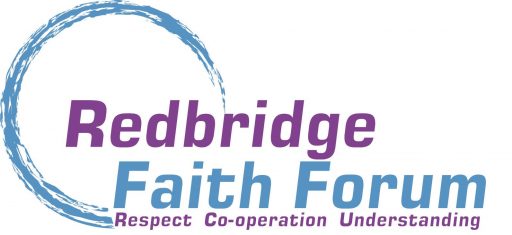Women’s Interfaith Event ‘Ageing well’ 25th May 2021,
Redbridge Faith Forum was delighted to partner with Care City for this event – Care City is working with the NHS to get answers to the questions listed below and research people’s attitudes to Frailty. This was an opportunity to discuss opinions about the word Frailty, and think about the following issues:
- How do you feel about getting older?
- What support do you think you may need?
- What health services might you access?
- And what do you think about how we label our older generation?
- When would you describe someone as “frail”?
The diverse group of 25 women shared their opinions freely and it was acknowledged that a label of being “frail” may well accelerate provision of statutory services but there was also concern that this might result in the opposite with a patient’s symptoms not being fully investigated as regarded as purely age-related. BHR trust are now operating frailty wards at both King George and Queens Hospitals to reduce the waiting times in the emergency department so that patients aged 75+ would be diverted to these wards under the care of geriatricians. It was acknowledged that frailty is not necessarily age-related and can occur at any age especially if linked to a health condition which may improve and consequently the frailty reversed; and that frailty could arise from mental ill-health and not necessarily from physical causes.
There was a consensus of opinion that for some members of the community the social isolation of lockdowns has accelerated frailty and vulnerability with some people losing confidence in going out and having social interaction especially if there were language barriers.
Another danger of a label of frailty maybe that the individual then considers themselves frail and can play to that label with resultant loss of independence.
The discussion also acknowledged that there is also a difference in attitudes to “senior citizens” amongst different communities with some showing much greater respect to their elders.
A video https://www.youtube.com/watch?v=Wzq_MzWQhwo was shared about the fulcrum of frailty which highlighted the different aspects of lives that contribute to wellbeing. These were given as:-
- Social environment, including our families, our friends, our communities, any of the people or places that are important to us.
- Physical environment, which is our homes in particular but also the many places that we visit as we live our lives.
- Psychological status, which includes both specific conditions, such as anxiety, or more general feelings like a loss of confidence or a lack of motivation.
- Long-term conditions, such as diabetes, heart disease or respiratory conditions.
- Acute health problems, including for example, infections or injuries.
- Systems of care, which have a direct impact upon wellbeing, not just through the care that they provide, but also through the way in which they deliver that care.
The frailty fulcrum explains how keeping a good balance between all the different things going on in our lives becomes more difficult over time and that as we get older the likelihood of relatively small things causing bigger problems increases. The model also highlights that these changes can occur more quickly for some people than for others and therefore explains both the association and difference between frailty and ageing.
The frailty fulcrum demonstrates that even though challenges in some areas of our lives might in themselves be difficult to overcome, a person’s quality of life can still be improved by promoting resilience in other areas, whatever the individual’s age or degree of frailty. It also highlights the important contribution that supporting individual decisions and choices, and supporting self-care, can make to improving quality of life for people living with frailty.
It was good to be able to consider this topic and share views and Care City hope to be able to update us later when the consultation process had finished.
